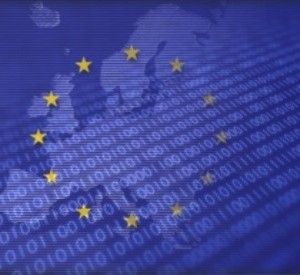Cybersecurity: What You Need to Know and Do to Protect Yourself and Your Business
May 3, 2021 Leave a comment

Tiedemann Advisors Speaker Series – April 29, 2021 Lessons from U.S. National Security and the Cyber Security Industry that Can Benefit You.
Cybersecurity has never been more important than it is today. Every risk management strategy for a family or business must now have a comprehensive plan to address the substantial threat of cyberattacks. It is no longer a question of if you might be threatened by a cybersecurity attack but rather when. While the threats are increasing, so too are the ways in which you can protect yourself and your business. On April 29, we are sitting down with renowned security experts Guy Snodgrass and Cesare Garlati to understand the current state of cybersecurity. Additionally, we will discuss what you can learn from the U.S. national security and intelligence community and the cybersecurity industry when it comes to protecting your family and your business.
Watch the webinar at https://insights.tiedemannadvisors.com/cybersecurity-webinar-2021-04-29




 If your company touches any Europeans’ data you’d better prepare for what’s coming.
If your company touches any Europeans’ data you’d better prepare for what’s coming.


